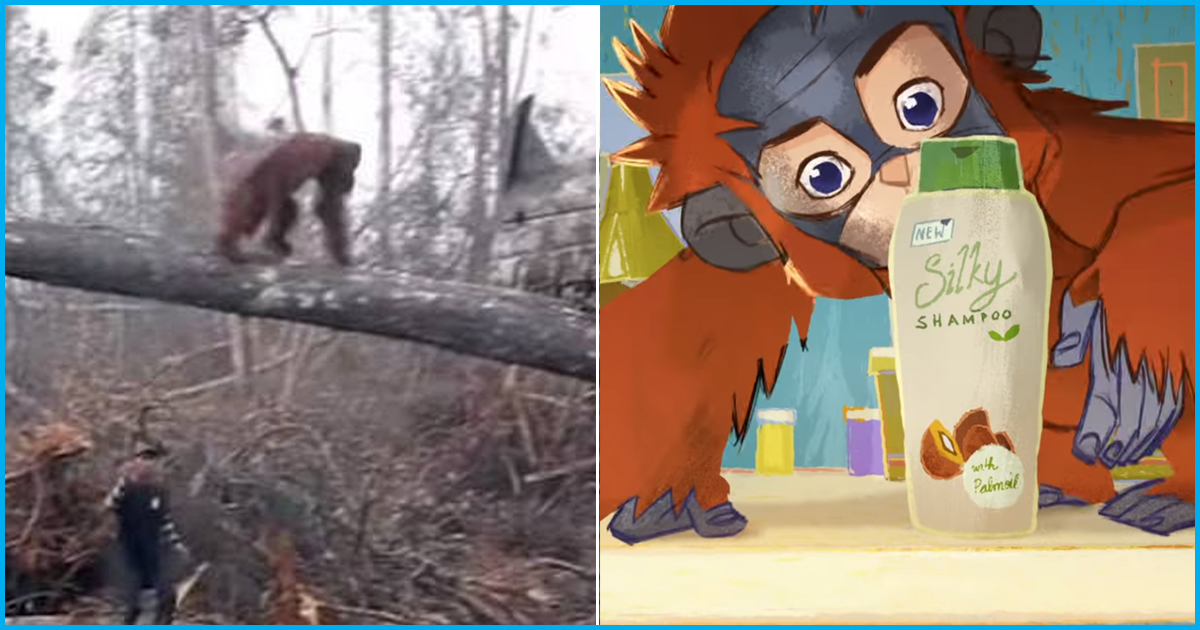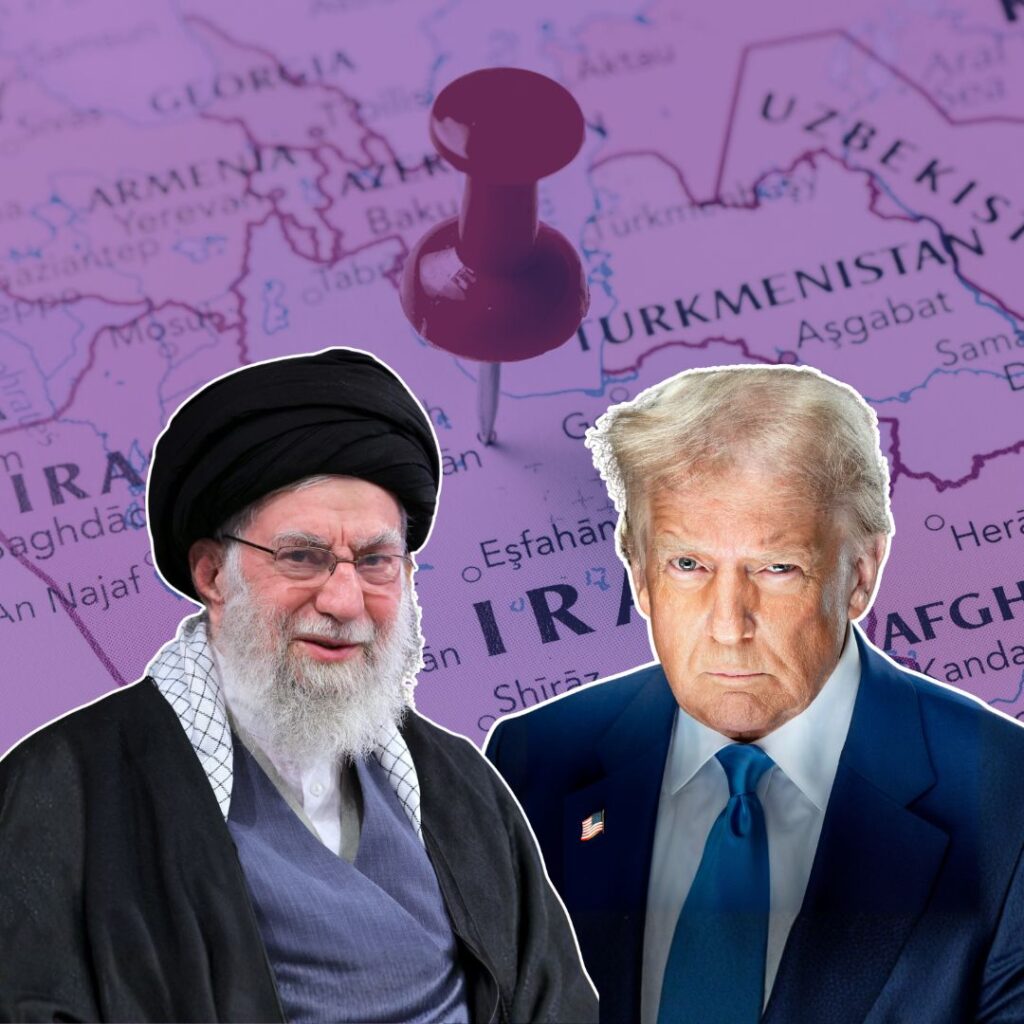A few months back, a heartwrenching video of an orangutan trying to protect his forest, his home being mowed down by a bulldozer went viral. This video managed to awaken the collective conscience of the human population towards the damage our greed is costing to our environment. Inspired by the same incident, Greenpeace Netherlands produced an advertisement taking this as a background and sending a message against excessive palm oil usage which has led to rampant deforestation. However, Clearcast, the body which vets the ads before they are broadcasted to the public banned the ad saying that it was politically sensitive.
“There is a human in my forest”
The animated advertisement features a little girl in whose room a “Rang-tan” enters and wreaks havoc. Rang-tan throws away her stuff and looks particularly intrigued by the shampoo bottle which says “with palm oil”. The girl can be heard saying, “There is a rang-tan in my room.” She then commands it to leave, but not before asking what it was doing at her room in the first place. It is at this moment when the Rang-tan narrates its story, “There is a human in my forest, I don’t know what to do.”
Greenpeace Netherlands made this video which was then repackaged by retailer Iceland Foods, to draw people’s attention towards the rampant deforestation which robbing wild animals of their habitat.
As reported by Scroll, Clearcast said that the reason for banning this advertisement was the involvement of Greenpeace and its a breach of country’s ban on political advertising.
Palm oil and deforestation
Palm oil is a variety of vegetable oil extracted from the seeds of oil palm. The trees are grown in abundance in plantations in Indonesia and Malaysia. As reported by Independent, around 66 million tonnes of palm oil is produced every year. Also, palm oil is found in almost half of the packaged good in UK supermarkets. It is used in products like shampoo, candles, lipstick, chocolate and bread.
It may be noted that oil palms are grown in low-lying, tropical regions. Such areas are home to an array of endangered species like orangutans, rhinos and tigers. More particularly orangutans because they live high in the forest canopy and their habitat is the prime target for expanding the palm oil operations. A news report by Greenpeace found that palm oil suppliers to the world’s largest brands have cleared more than 1,300 square kilometres (500 square miles) of rainforest — an area the size of the city of Los Angeles — since the end of 2015. The sheer number of these animals that may have lost their natural habitat is outrageously high.











